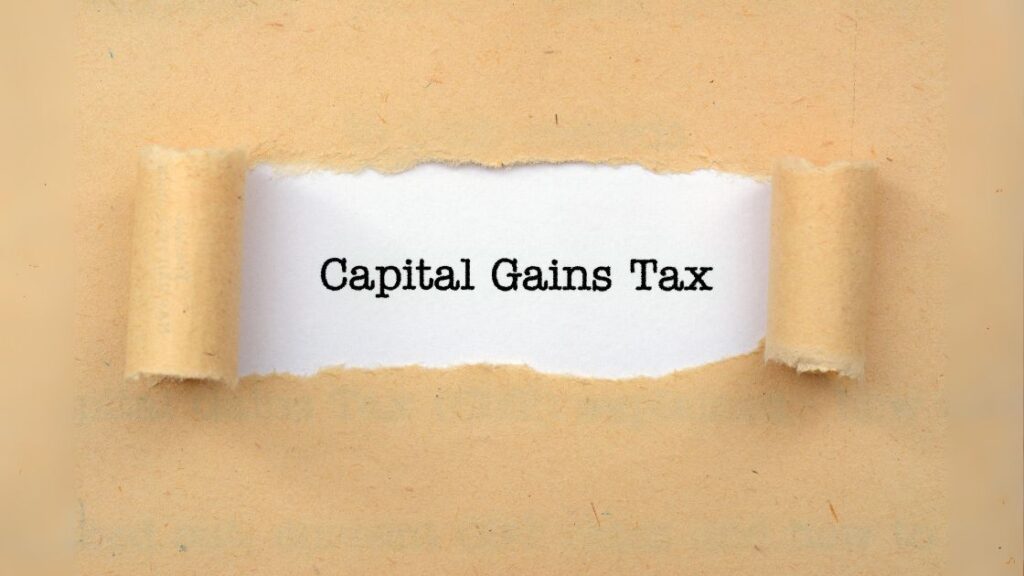Investing means using your capital which can include time, effort, money etc. to work with the expectation of getting a larger payout in future. Investing is the most important step in the wealth creation as the entire outcome of an individual’s financial planning depends on effectiveness and efficiency of their investing behaviour and investing strategy. Retail banking products can be a good start for individuals who has little to no knowledge of finance domain. In this blog we will try to comprehend different types of investment products available and how you can start your investment journey.
The goal of investing can be either to grow wealth or achieving a financial goal, such as retirement savings, wealth preservation, or preparing for a major life event like marriage, buying a house or education. It is essential to invest early to take the benefit of your best friend which is compounding.
There are various retail banking products available with banks that can offer investment solutions to an individual based on their risk appetite, financial goals and their investing preferences. It once again converges to one’s ability to do research about various investment instruments and find out which is the best tools that will maximize the returns and will help in achieving financial goals with minimum risk.
Understanding the spectrum of retail investment products
Savings Accounts: This is the retail banking investment product that we all are familiar with. Savings accounts usually have very less to no minimum balance requirements and you can withdraw up to a certain limit very easily. The interest rates on savings are generally less than other investment tools but your money is not subjected to markets risks. They provide exceptional liquidity for any emergency needs and can prove to be a very good option for short- term financial goals.
Certificate of deposits (CDs): These are basically the time deposits provided by the banks in return for locking the customer’s money for a specific time. The interest rates are better than savings bank accounts however the liquidity of your money can be a concern as your amount will be locked for a fixed period of time, as there is a penalty involved if you want to withdraw your money before the maturity of your investment in this saving tool. The good news is that they are nearly risk free as the money invested is insured in case of closure of the financial institution. There are various strategies by which you can maximize the return of your investment in this tool and increase liquidity of your invested money. We will discuss these strategies in detail in later blogs.
Money Market Accounts (MMAs): Money market accounts are provided by various banks and credit unions which will help, like deposit accounts they are also insured. Money market accounts usually limit the number of withdraws, but it solely depends on the institution. These accounts also usually require a minimum balance requirement. They are better than savings accounts in both liquidity and earning potential as they offer check writing facilities. These accounts are best suited for the conservative investors seeking fairly decent returns and stability.
Mutual Funds: Mutual funds is an investment tool that will add your amount invested into a pool of capital along with other investors and that capital is used to purchase stocks, bonds or other securities. Investors are not be investing in the securities directly they are in fact buying shares in mutual funds. Mutual funds allow investors to create a diverse portfolio to mitigate risk and increase the possibility for greater profit margins. Fund managers of mutual funds handles the pool of capital accumulated in mutual funds as they have the expertise for financial analysis.
Annuities: Annuities offered by the banks can be an excellent tool if you are looking to get a fixed income after you retire. The money you have saved your working period can be invested in annuities and then can be received as a yearly pension for either your lifetime or for any fixed time that you have decided. Annuities can be majorly either fixed, variable, indexed, immediate or deferred, it solely depends your financial needs and your risk appetite which one you want to opt for your retirement. Investment in annuities is best suited for investors looking to get a steady income and protection against longevity risk after their retirement.
Stocks and Bonds: Retail banks provides the brokerage services to the customers which means that the banks will act as mere brokers in the trade of their stocks and bonds. Stocks means buying share of the company hence you are investing your money to grow with the success of a publicly traded company however investing in bonds means that you are investing in debt of a company which means that you are helping and organisation to raise money and they will pay you back once your bonds will mature along with the interest defined by them. Combining stocks and bonds in your portfolio can enable you to create a diverse portfolio which will help you in mitigating the risk and maximizing the profit for your investments.
Getting Started with Retail Banking Investment Products
- Define your goals: Your financial goals must be clearly defined, which includes defining the amount that you want from your investment, deciding the time frame for achieving the amount that you have decided and quantifying risk by deciding when you will exit the investment if losses hit a predefined maximum value.
- 2. Know the investment landscape: Dedicate time to learn about the investment products, strategies, money markets, capital markets etc. Learn about shares, stocks, derivatives and do a comparative analysis about where you will get maximum value of your money at a minimal risk. Define your risk level and invest accordingly as it is your money only you are responsible for it.
- Seek Professional Guidance: Even if you have knowledge about the investment products and strategies, taking help or consulting a financial advisor will always give you an extra edge as you will always some extra knowledge about the current trends and future prospects.
- Start small: Start your journey with the small investments by creating a diverse portfolio so that risk is mitigated. Once you are comfortable with the analysis and understand the market well only then increase the amount to be invested.
- Monitor and Adjust: Create a system to monitor your investment portfolio periodically and analyse whether your investments are working in accordance with the goals defined if not then adjust them in accordance with your financial situation, market conditions and most importantly your financial goals.


















